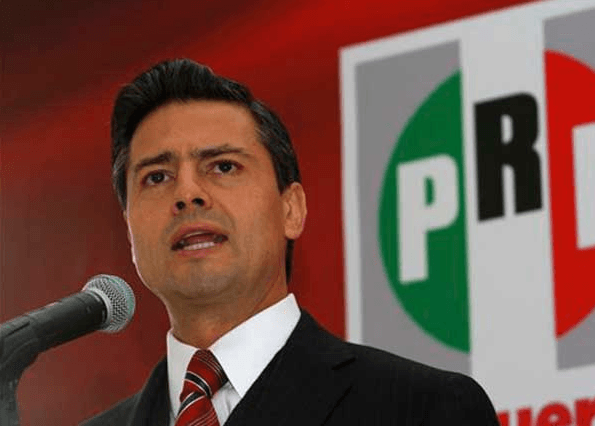Dr. Tony Payan has created the foremost US based Mexico Center think tank policy at the Baker Institute. At the Baker Institute website, you can hit the Mexico Center for a series of informative reports and conferences. Following is his brief analysis of the June 7th elections.
Dr. Payan feels the elections of June 7 in Mexico, on the surface, did not change the balance of power in the federal Congress. The PRI and its two allied parties, PVEM and PANAL, managed to retain 50% of the vote in the 500 member lower chamber. The Senate, however, did not change, and will likely become even more important in future legislative negotiations, given that the PRI and its allies do not have a majority there.
However, the 2015-2018 Congress is not truly key to Mexico’s progress in the next three years. Most of the legislative agenda of current President Enrique Peña’s administration has already been passed in the first three years (2012-2015 Legislature). Peña may need Congress for minor things and the federal budget, but his recent woes come primarily from his ineffectiveness in implementing the reforms passed by the outgoing legislature, and by his own corruption, as well as that of his cabinet members.
The more interesting reading in the elections of June 7 comes from the state elections. There were elections in 16 states, of which nine had elections for governor. Of the governorships, five of them changed political parties and two of them remain contested in the recount.
At the same time, Jamie Rodriguez Calderon, an independent candidate (which for the first time is legal) took the jewel of the crown, the governorship of the important State of Nuevo León, where Monterrey, a major industrial hub, is located. Rodriguez defeated the PRI candidate by 25 points.
Similarly, a fourth party, Movimiento Ciudadano (MC), won the second largest city of Guadalajara and its eleven congressional districts.
In Mexico City, with elections in 16 districts, the PRD got defeated by MORENA, Mr. Andrés López Obrador’s new party, with which it will have to share power in the city’s legislative assembly. At the same time, several other independent candidates won in their 16 Mexico City districts.
Another key fact to examine is that the major political parties collapsed. PRI fell from its usual 33% to 28%; PAN fell from its normal 25% to 21%; and the PRD dropped from its normal 15% to 11%. Important gains were made by a number of smaller parties.
The major political parties in Mexico are clearly in retreat, as Mexicans are seeking major alternatives to the existing parties. Clearly, Mexicans are unhappy with the Peña administration and the PRI, and they did not give the PAN a second chance. Instead, they looked around and found smaller parties and independent candidates, kicking out incumbent parties in several governorships.
All this means that the 2018 presidential, governor, senate, and lower house election are in play. No one is a clear leader for that presidential election. And Mexican are seeking routes to consolidate their democracy well beyond their political party system. This is important because, if they do not find suitable alternatives, they may end up electing, by a mere plurality, someone who is simply not up to par and may add too much uncertainty to an already battered economic and political system

COMMENTS
Please let us know if you're having issues with commenting.